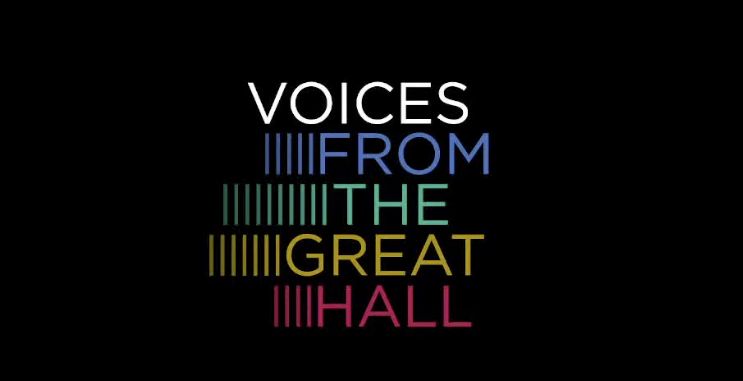Great Hall History
The Great Hall of The Cooper Union, located in The Foundation Building, 7 East 7th Street, between Third and Fourth Avenues, has stood for more than a century as a bastion of free speech and a witness to the flow of American history and ideas. When the hall opened in 1858, more than a year in advance of the completion of the institution, it quickly became a destination for all interested in serious discussion and debate of the vital issues of the day.
The Great Hall was the platform for some of the earliest workers' rights campaigns and for the birth of the NAACP, the women's suffrage movement and the American Red Cross. To the Great Hall's lectern has come a pageant of famous Americans — rebels and reformers, poets and presidents. Before they were elected, Presidents Lincoln, Grant, Cleveland, Taft, Theodore Roosevelt and Barack Obama all spoke there. Besides Woodrow Wilson, two other incumbent presidents have spoken in the Great Hall: William Jefferson Clinton, who, on May 12, 1993, delivered a major economic address on reducing the federal deficit and Barack Obama, who, on April 22, 2010, gave an important speech on economic regulation and the financial markets.
During the past century's times of tremendous upheaval, it was through meetings in Cooper's famous auditorium that the politics and legislation necessary to build a humane city took shape.
Listen, view, and learn about these events via the Voices From the Great Hall digital platform: greathallvoices.cooper.edu.





